|
Here is a newly updated video about Laudato Si’ 5 years after the release of the document. It describes the crisis facing our common home with wise words from David Suzuki, Maude Barlow, Rev. Dr Joshtrom Kureethadam, Leonardo Boff, and Sr. Margo Ritchie csj among many other environmental advocates. See: https://www.youtube.com/watch?v=Bti86O_Tw5A&feature=youtu.be
0 Comments
On February 4th, 2021, we celebrate the first International Day of Human Fraternity, where we are encouraged to pray, reflect, and learn how to better engage with Fratelli tutti to create a better, more just and equitable global community. To find all the available and updated information, you can visit the following site: www.HumanFraternityDay.org, watch the Youtube linked and read the PDF attached below:
Three years after its creation, the FHA presents its first Impact Report, reflecting on what has been achieved. Among the highlights are the “13 Houses” Campaign, which has already changed the lives of more than 5000 homeless people around the world, our conferences, and the success of the Vincentian advocacy effort, which resulted in the first UN resolution providing an international definition of homelessness. The FHA has also responded to recent events, launching emergency appeals to support the Vincentian response to Covid-19 and to support the victims of the explosion in Beirut. To read the IMPACT REPORT and learn more, read a PDF of the report attached:
What should you know about the treaty on the prohibition of nuclear weapons? Article 1 of the treaty prohibits each State Party never under any circumstances to: (a) Develop, test, produce, manufacture, otherwise acquire, possess or stockpile nuclear weapons or other nuclear explosive devices (b) Transfer to any recipient whatsoever nuclear weapons or other nuclear explosive devices or control over such weapons or explosive devices directly or indirectly (c) Receive the transfer of or control over nuclear weapons or other nuclear explosive devices directly or indirectly (d) Use or threaten to use nuclear weapons or other nuclear explosive devices (e) Assist, encourage or induce, in any way, anyone to engage in any activity prohibited to a State Party under this Treaty (f) Seek or receive any assistance, in any way, from anyone to engage in any activity prohibited to a State Party under this Treaty (g) Allow any stationing, installation or deployment of any nuclear weapons or other nuclear explosive devices in its territory or at any place under its jurisdiction or control. How YOU can get involved:
In February 2021, the United Nations Commission for Social Development will focus on “A Socially just transition towards sustainable development: the role of digital technologies on social development and well-being of all”, a crucial and relevant theme in the context of the global pandemic.
The NGO Committee for Social Development, are pleased to share with you the Civil Society Declaration, the first of its kind to be open to public endorsements because of the specially trying times we are going through as a global human community. Please read the full Civil Society Declaration in English, French and Spanish and add your voice by signing the Declaration! The Declaration will be open for sign-on till February 1st, 2021. Please share the Declaration in your networks! All signatures received by NGOs and individuals around the world will be shared with Governments and the United Nations at the opening of the 59th session of the Commission for Social Development on February 8th, 2021. For more information about the upcoming Commission for Social Development, please click here For any questions, please email ngosocialdevelopment@gmail.com Thank you! The four most powerful words in the English language. Because everyone
loves a good story. Once upon a time, following the debacle of World War II, several leading countries came together to form a new international organization. The League of Nations had come and gone. But the need for a platform, an organized way for nations to meet and discuss common issues, especially those of war and peace, was readily apparent. And so the United Nations was born 75 years ago, October 24, 1945 in San Francisco, with a charter that begins “We the People.” So as we close out this anniversary year, marked by, at the insistence of the Secretary-General, shared reflection more than celebration, a critical and hopeful look at the organization seems appropriate. Critics frequently cite infuriatingly slow and complex procedures at the UN, its bureaucracy, its tendency to discuss issues over and over, without actually achieving significant change. The organization is also criticized for the platform it provides for nations to sign documents and statements at elaborate photo ops without much meaningful follow-up. Showboating and hypocrisy are undeniable. And while much of that is true, it is not the full story. Why so complex and slow? With 192 countries, multiple cultures and languages, and a myriad of interests/issues, how quickly could anything be done? In its defense, the Organization does not have the power to enforce its decisions, much less control what countries, or “Member States” in official language, choose to do. Then too the Security Council has a glaring weakness: there is no membership for the real global powers of today, like Japan or India; reform here seems immensely difficult. And with the current unfortunate rise of extreme nationalism in many parts of the world, collective partnership is sorely threatened, and with it solidarity and action for the common good. But the United Nations does serve as an invaluable global forum where countries can discuss and act on pressing issues, war and peace certainly, and in addition the UN protects human rights, delivers humanitarian aid, fights extreme poverty, addresses climate change, promotes sustainable development and upholds international law. A sweeping agenda and an open one as well—the UN now also responds to COVID19. It is important to remember that the UN is not an end in itself, but a means of achieving common goals. In his work Politics and Process at the UN, Courtney B. Smith uses the subtitle The Global Dance and argues that “The strength and effectiveness of the Organization depends on the active support of its Member States and their policies…..The UN brings diverse actors together in a complex routine of procedures and practices where each seeks to shift the music so that the process is moving towards outcomes it prefers. Some strut, others inspire, and a few just remain on the sidelines, but the hope is that the number of participants willing to dance to the same music will increase over time, to the end that effective solutions to pressing global problems can be found.” Dag Hammarskjold, a celebrated former Secretary-General, reminds us the UN “was not created to take humanity to heaven, but to save humanity from hell.” Left to themselves countries drift into dangerous antagonism, and without a multilateral effort, old problems are likely to deepen. Pope Francis says that the UN is an “obligatory reference point of justice and a channel of peace.” There really is no alternative to the UN. If it didn’t exist, we would have to invent it. The challenge is to help it live up to expectations. In a true sense, WE are the UN. It’s all about us and the future of People and Planet. Let’s help it dance to the same music, that of the universal common good. Let’s give this story a happy ending. And so we might: Pray that the UN fulfill its promise for the good of all humankind; Connect with the UN Agenda, and learn about the 2030 Agenda for People and Planet in the form of the 17 Sustainable Development Goals, at first glance a utopian dream but utterly doable if nations collaborate for the common good. Use the various Vincentian Family websites to learn more; for the CM, www.congregationofthemission-un-ngo.com; Join in advocacy efforts with other Vincentians on issues related to our charism, at this time especially homelessness. Respectfully Submitted, James E. Claffey Since the inception of the Institute of Global Homelessness, the most common question we are asked is: "How many people are experiencing homelessness globally?" The answer, unfortunately, is that nobody knows. Mapping and measuring homelessness as a global phenomenon has never been done, due in part to differing definitions of homelessness and to varying methods for data collection which render side-by-side comparisons impossible. But just because something has never been done doesn't mean it cannot be done, and so IGH is excited to announce the launch of the Better Data Project, which collates all available numbers, despite their incompatibility with one another, in order to showcase the difference between definitions and methodologies, see where gaps exist, and work together around the world to align terminologies and data collection practices. My beloved aunt and godmother is 95 and living in a locked-down senior care
facility. I haven’t been able to see her in 9 months. Thank you, COVID19. I’m sure many of us have similar stories. Masks and lock-downs, Zoom and closures. The hope for a vaccine. At times it seems we haven’t spoken of much else in a very long time. And maybe there’s not much about the pandemic that hasn’t been said at this point. Two hours of UN TV on the subject the other day yielded nothing new, except to reaffirm that COVID19 is the greatest global health crisis we face, and that it is also a humanitarian crisis, a socio-economic one, a security issue and a human rights crisis. Recent webinars have shown clearly how the pandemic intersects with almost every issue we could think of: COVID and Human Rights, How COVID Impacts the UN’s 2030 Agenda’s Sustainable Development Goals, COVID and the Lack of Adequate Social Protection, etc. And of course COVID and Homelessness. We five Vincentian Family NGOs (CM, DC, AIC, SSVP and the SC Federation) hosted a webinar on Cities and Evictions during the Pandemic, attended by 53 other NGOs. It is worth noting here that a group of Niagara University students presented us with excellent research on the issue that we will be able to use in future events. So this is the context of the special season of Advent in this difficult year many of us would rather forget. However, maybe the Advent message this year calls us to see beyond how COVID19 affects us, reminding us that others are suffering much more than we, and that we should not forget other tragedies accompanying the virus. Advent is a time of waiting and yearning, not passively, but in an active sense, that of preparing ourselves for something. Or in this case, Someone, to be born again in our hearts and lives. As always, with anything truly Christian, that means being aware of others, being compassionate, and where possible acting with them in mind. Although we should see and think globally, we should also see and act locally. Advent in this context can be an opportunity for a bit of advocacy. Consider schoolchildren living in poverty, who do not have the laptops necessary for virtual learning, and are falling behind schoolmates of greater means. Is there a local way to address this need? We might encourage the people we serve to donate to, or work with, foodbanks as food insecurity grows. We can speak up when others discriminate against people of Asian origin by unfairly blaming them for the pandemic. We can participate in advocacy efforts to end the alarming spike in domestic violence as claustrophobic “staying at home” takes a toll. We could call or write our Congressional and local lawmakers to advocate for: An immediate end to the cruel practice of housing evictions during a pandemic crisis; A much-needed stimulus relief package and continuance of unemployment assistance; Changes in public policy to strengthen protection systems people need and want now that the virus has revealed them to be totally inadequate; A fair distribution of a vaccine, when fully tested and available. Perhaps there will be pledges to sign calling for equity in this regard. The congregation is a global community. How can we show solidarity with developing countries, especially where confreres work, as they face the tragedies of this virus but without the resources and possibilities of wealthier countries? Advent, a time of prayerful expectant waiting. But also a time of compassionate outreach for those who suffer most at this time, a great way to prepare and open our hearts to celebrate the Birth of the One who is Love Incarnate. NOTE: Others might contribute to this indicative, non-exhaustive list, helping us all to be aware of pandemic issues and needs beyond our own. Jim Claffey NGO representative of the CM @ the UN www.congregationofthemission-un-ngo FB: congregation of the mission at the UN Twitter: @cmunnyc Family homelessness and the "Planet" SDGS: Webinar series hosted by UNANIMA international11/18/2020 As discussed in last week’s “Family Homelessness and the ‘Planet’” SDGs webinar hosted by UNANIMA International, a healthy planet equals health people. Around the world, there is a need for shifting political will and prioritizing the environment we all live in. Countries must enter the Paris agreement and reach the goals that they set for themselves. These goals must be approached holistically and with ecosystems in mind.
Resilience, as we have seen throughout history, is a valuable skill of those around the world who are struggling. However, as we move into 2021, resilience is not enough to alleviate all suffering. More developed countries must deliver to their promises and agreements. Governments need to listen to all parties, from farmers to legislators, to understand the role they play as we bring the planet to the forefront of our mission. For example, SDG 14 and 15 push for solidarity among countries to help those most affected by natural disasters. As climate change increases these disasters, so too must our global communities commit to one another. As UNANIMA’s webinar relates to the goals of the Congregation of the Mission, the webinar discussed how Covid-19 has tremendously affected homelessness. Again, the webinar emphasized that housing should be a human right. As it relates to the planet, extreme weather exacerbates homelessness- many houses are destroyed and gardens/food produce is often destroyed. Weather patterns are changing in many countries, and the need for climate change action is imperative. The biggest driver in many African countries stems from control of natural resources. These countries are rich in many natural resources, yet many still live in poverty. Without a place to call home or a place to practice regular hygiene, many around the world are living in growingly occupied shelters. At the same time, many international disasters are getting increasingly worse. Many carbon emission targets have not been met, and in this way, we have failed globally. Homelessness will not end without an emphasis on halting climate change. Housing is not just a roof, but rather a fundamental right that requires a multidisciplinary effort. People and families need to be at the center with the poorest and most vulnerable. Homelessness does not act alone- there many drivers and many consequences. We must all actively work to increase our awareness of the trauma in families, communities and the globe in order to correct and address increasing homelessness and suffering in our world. The United Nations is working actively towards this goal. Attend the next event to get informed and listen to more speakers that are actively working to alleviate these issues. Register for the next UNANIMA webinar “Family Homelessness and the “People” SDGs (1, 2, 3, 4, 5, & 6)”, Friday November 20th at 9am EST. Register here: https://us02web.zoom.us/webinar/register/WN_QTYk5sfXRUqsWCrSu7H7bQ Additional Reading: Family Homelessness Through the Lens of the United Nations 2030 Agenda Volume One: https://unanima-international.org/wp-content/uploads/2020/03/WEB-SDGs-brochure.pdf Volume Two: https://unanima-international.org/wp-content/uploads/2020/10/SDGs-Part-Two-2.pdf https://unanima-international.org/wp-content/uploads/2020/10/Hidden-Faces-Part-Two-3.pdf THE SHIFT recognizes housing as a human right, not a commodity or an extractive industry. The Shift restores the understanding of housing as home, challenging the ways financial actors undermine the right to housing. Using a human rights framework, The Shift provokes action to end homelessness, unaffordability, and evictions globally. To learn more, visit http://www.maketheshift.org Focusing on integral ecology, common goods, economic democracy, land, shelter, labor, education, health, communication, technology, sovereignty, human mobility and peace, those who are active in popular movements and organizations have written this document in efforts to provide insight into how we can imagine “an alternative system that will overcome and eradicate the worldwide idolatry of money that structures the global economy and our lives.” While this reading may seem provocative, utopian and unrealistic, it contains elements necessary to achieve the kind of world that allows, for everyone, life with dignity. Document attached below:
|
|||||||||||||||||||||||||
Congregation of the Mission - Vincentians
United Nations Office
246 E 46th Street
Vincentian International Network For Justice, Peace and Integrity of Creation
United Nations Office
246 E 46th Street
Vincentian International Network For Justice, Peace and Integrity of Creation
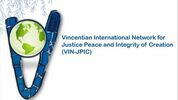
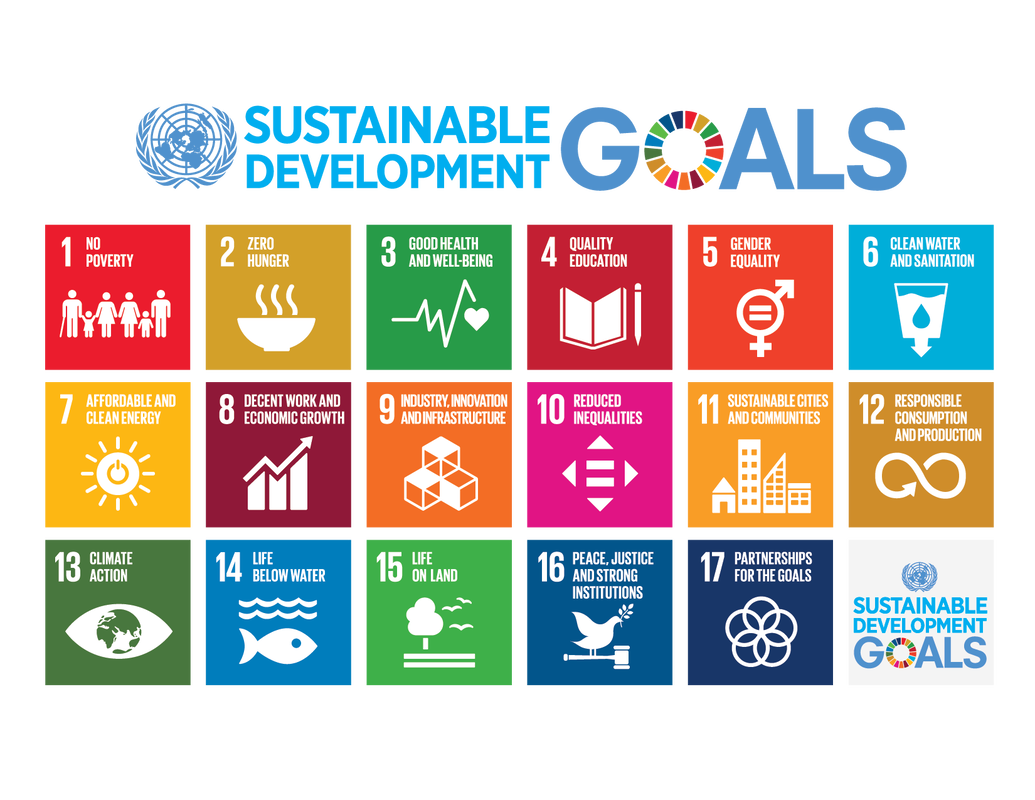
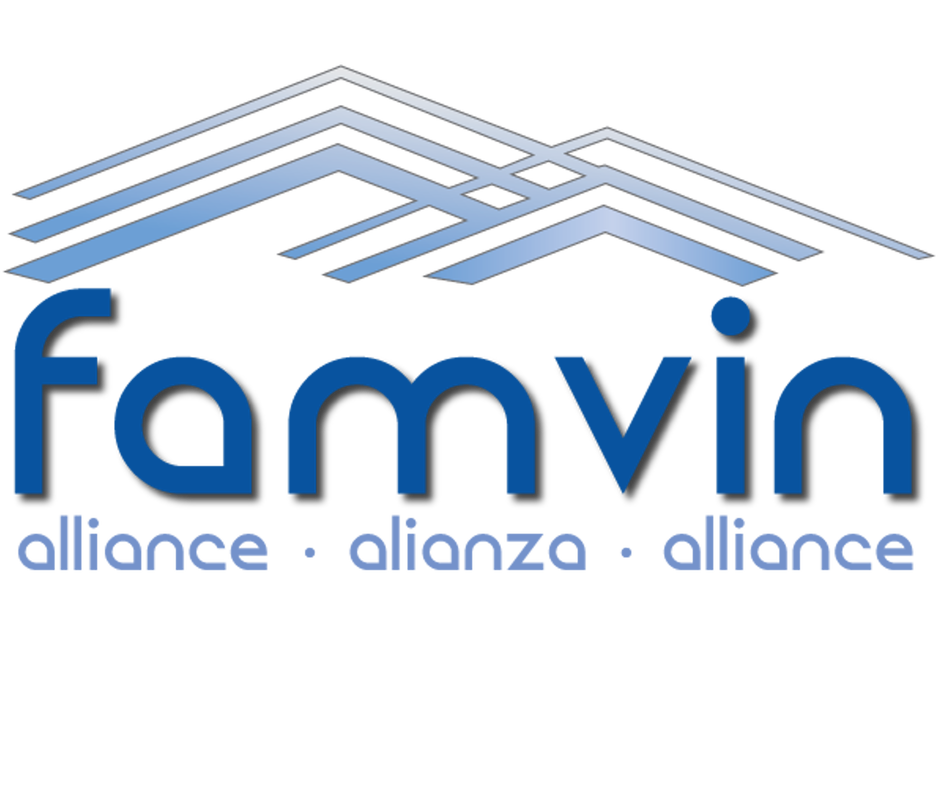
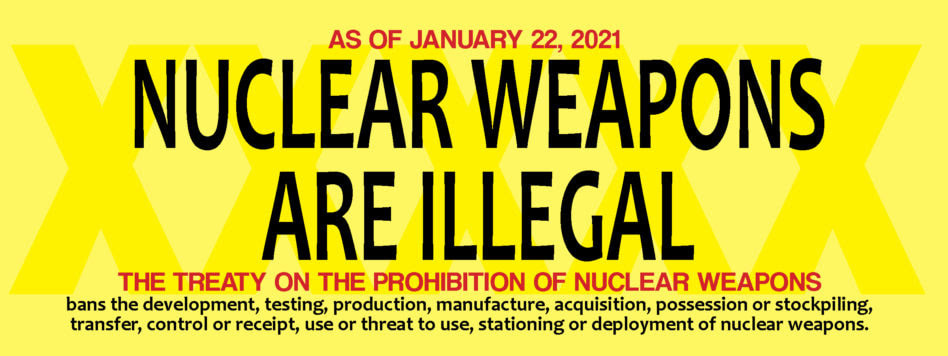
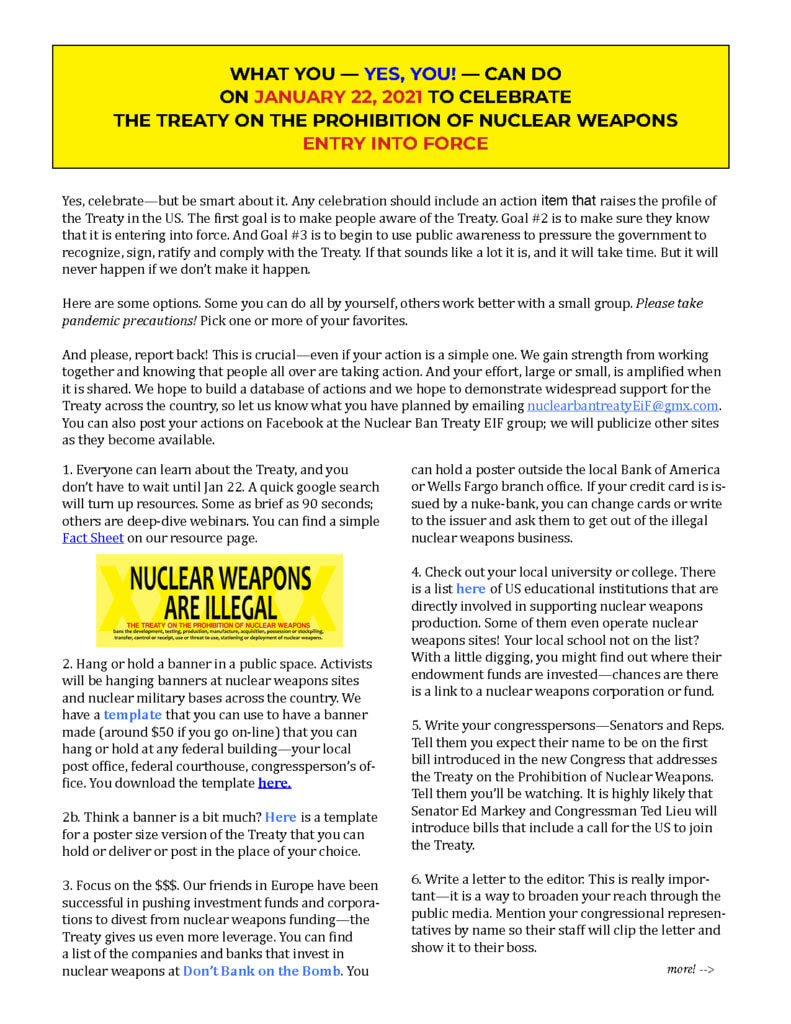



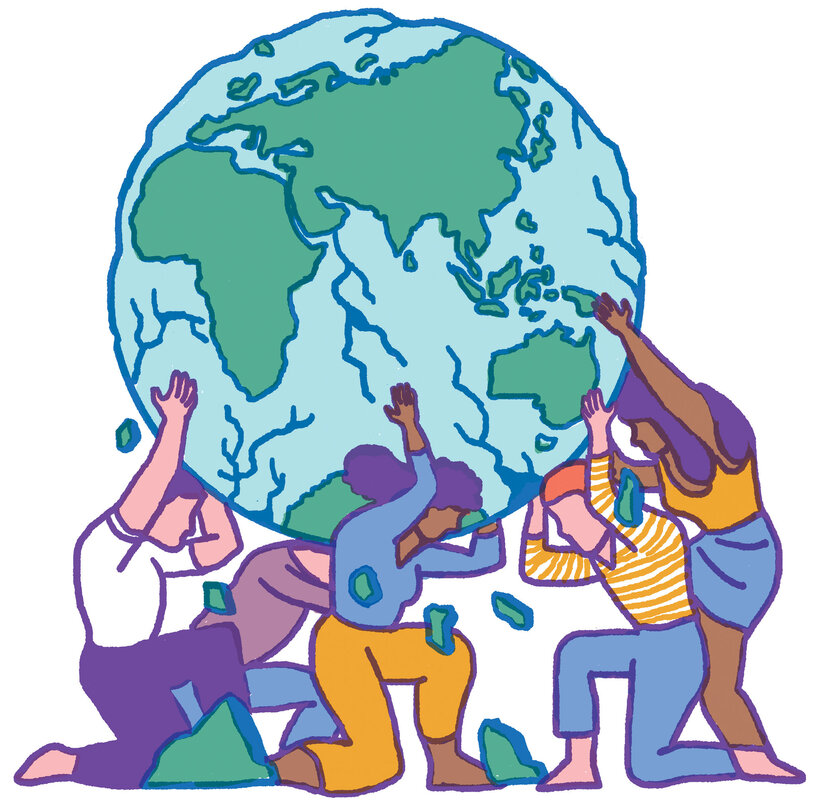
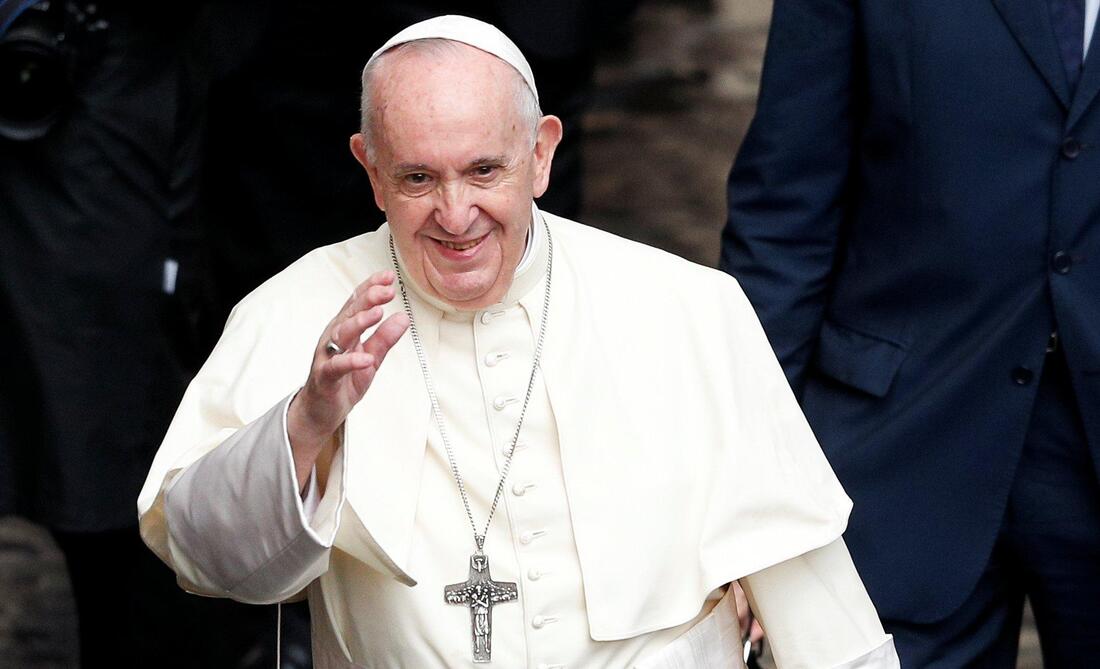
 RSS Feed
RSS Feed